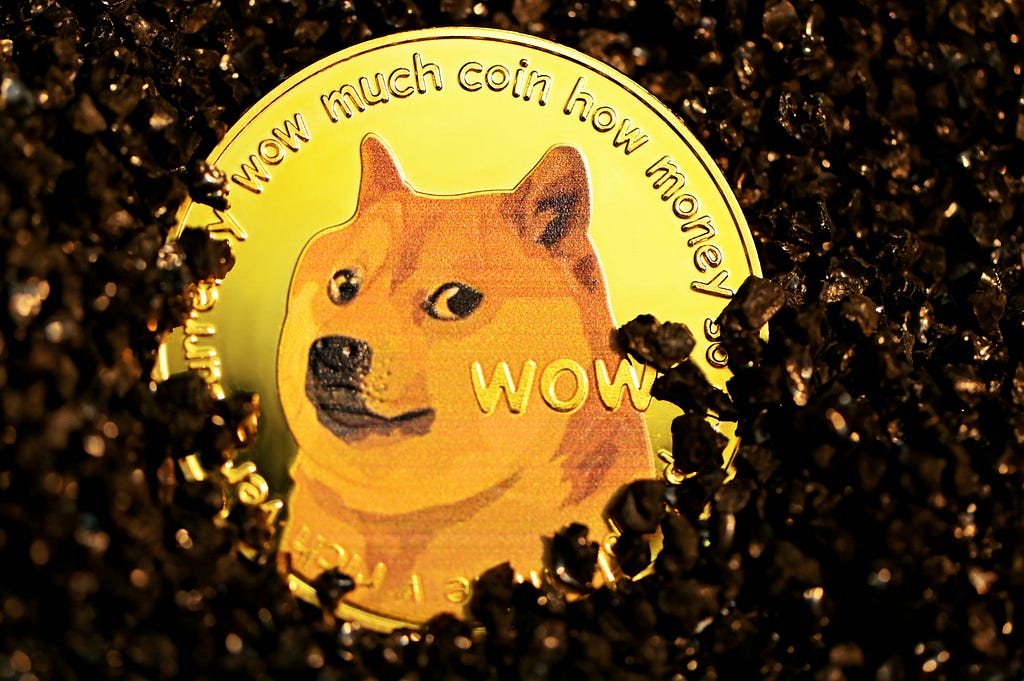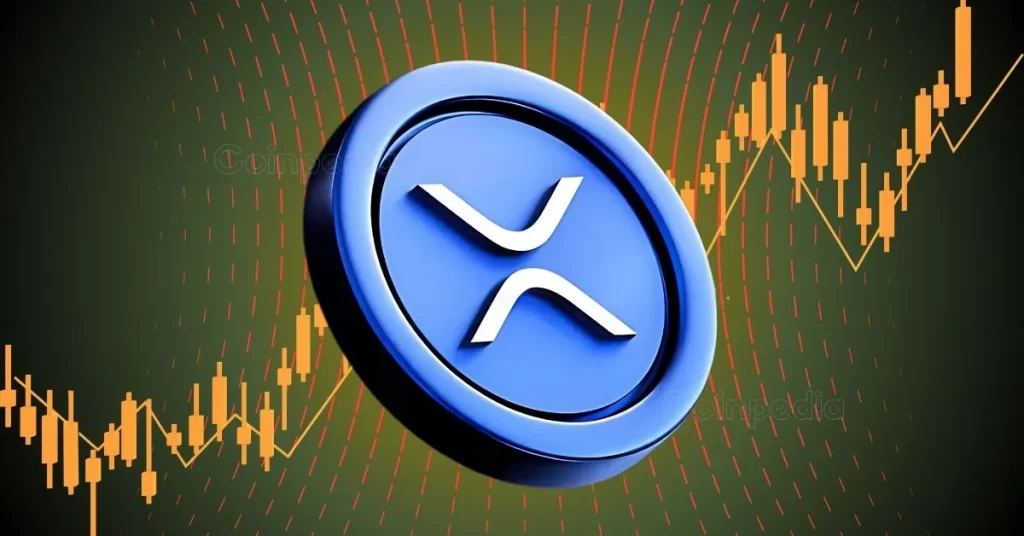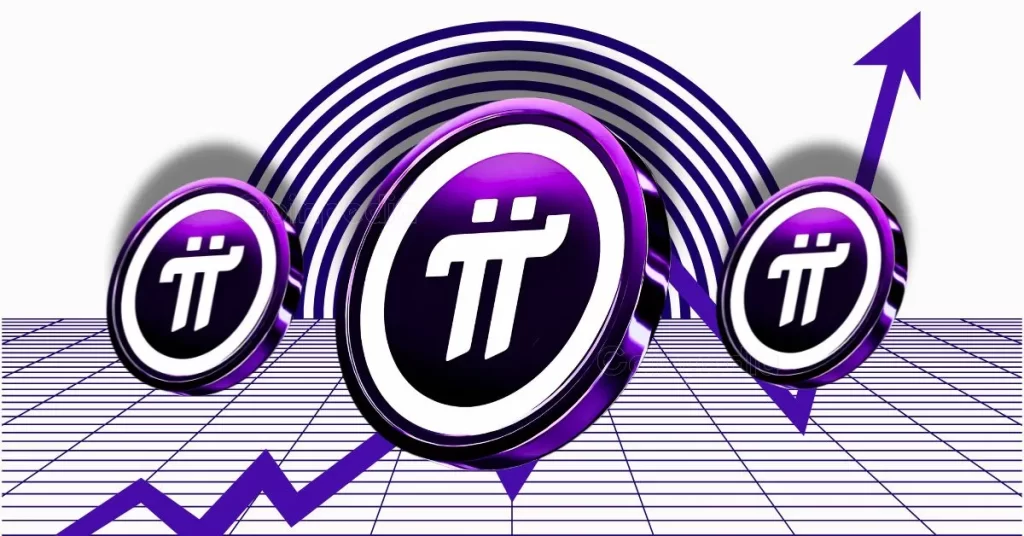 Photo by Kanchanara on Unsplash
Photo by Kanchanara on UnsplashThe other day, I came across a comment on a Facebook group that really got me thinking. The person said they were focused on building memecoins now, even though they used to work on utility projects. Their reasoning?
Many so-called utility coins are just memecoins pretending to be something more.It’s a bold take, but it raises an interesting question: Are utility coins really that different from memecoins? Some might argue the line between the two is thinner than we think. Let’s explore this idea and see if there’s more to it than meets the eye.
The Line Between Utility and Meme is Blurry
At their core, memecoins are straightforward: they’re driven by community enthusiasm and speculation. There’s no pretense about solving world-changing problems, and that honesty resonates with a lot of people.
Utility coins, on the other hand, market themselves as tools for transforming industries, whether it’s finance, healthcare, or supply chains. But in practice, many of these projects struggle to deliver real utility. Instead, they rely heavily on hype, roadmaps that never materialize, and buzzwords like “blockchain scalability” or “decentralized everything” to maintain interest.
In essence, while utility coins claim to be about solving problems, they often end up relying on the same speculative energy that drives memecoins.
Why Memecoins Are Thriving
The shift toward memecoins isn’t just about their fun and viral nature. It’s also a reaction to the disillusionment with many utility projects. Here’s why memecoins continue to dominate:
1. Memecoins don’t overcomplicate their purpose. They focus on community, humor, and hype — qualities that are easy to grasp and share.
2. Unlike utility coins that promise groundbreaking tech but often fail to deliver, memecoins are refreshingly honest about their speculative nature. Investors know what they’re getting into.
3. With their viral appeal, memecoins can attract large communities quickly, creating strong market momentum.
The Harsh Reality of Many “Utility” Projects
Let’s be real: the crypto space is full of utility coins that sound amazing on paper but deliver little in reality. Consider these common issues:
- Unrealistic Promises: Many utility projects boast about revolutionizing industries but fail to deliver even a functional product.
- Dependence on Speculation: Just like memecoins, utility coins often rely on price pumps and FOMO to maintain interest.
- Lack of Adoption: Without a real user base or working use case, these projects become little more than speculative tokens.
The result? Investors lose trust, and the line between “utility” and “meme” becomes harder to see.
Why Developers Are Shifting Focus to Memecoins
For developers, building a memecoin is often more appealing than working on a utility project. Here’s why:
- Memecoins don’t require complex infrastructure or endless development cycles. A strong community and good branding can take them far.
- Memecoins can be launched and marketed rapidly, allowing creators to capitalize on trends.
- With memecoins, the focus is on building a loyal, engaged community rather than selling lofty promises. This often leads to a more sustainable and active ecosystem.
Are Utility Coins Just Memecoins in Disguise?
While the distinction between memecoins and utility coins might seem obvious, the reality is far more nuanced. Many utility coins depend on speculative hype, delayed promises, and flashy marketing to stay relevant. In that sense, they’re not too different from memecoins, which embrace the speculative nature of crypto without pretending to be something else.
The real question is: Does it matter? Whether you’re building a memecoin or a utility project, success often comes down to community, trust, and delivering on expectations — whether those expectations are for laughs or life-changing tech.
Final Thoughts
As the crypto space matures, the line between utility and meme is likely to blur even further. Investors are becoming savvier, and projects will need to prove their worth beyond the surface level. For now, memecoins offer a refreshing honesty in a world where even utility projects can feel like a gamble.
In the end, perhaps the only thing that truly matters is this:
Are people finding value in what you’re building?If the answer is yes, then maybe the distinction between meme and utility doesn’t matter as much as we think.
What do you think? Should developers focus on building honest, community-driven memecoins, or is there still a place for true utility projects?
Are Utility Coins Just Memecoins in Disguise? was originally published in The Capital on Medium, where people are continuing the conversation by highlighting and responding to this story.

 1 month ago
53
1 month ago
53








 English (US) ·
English (US) ·